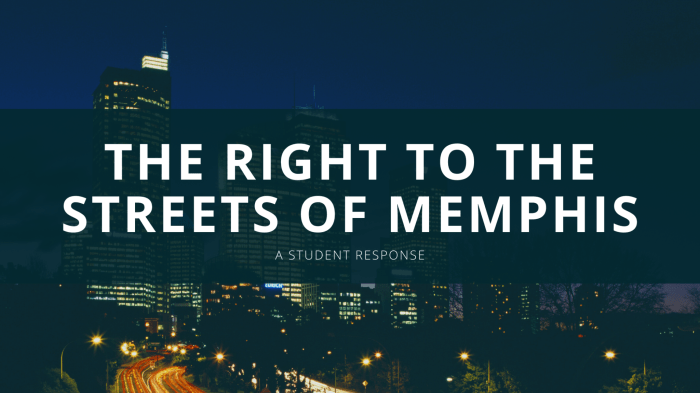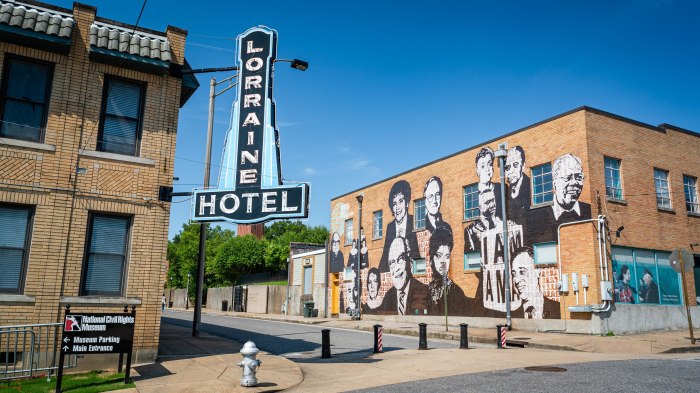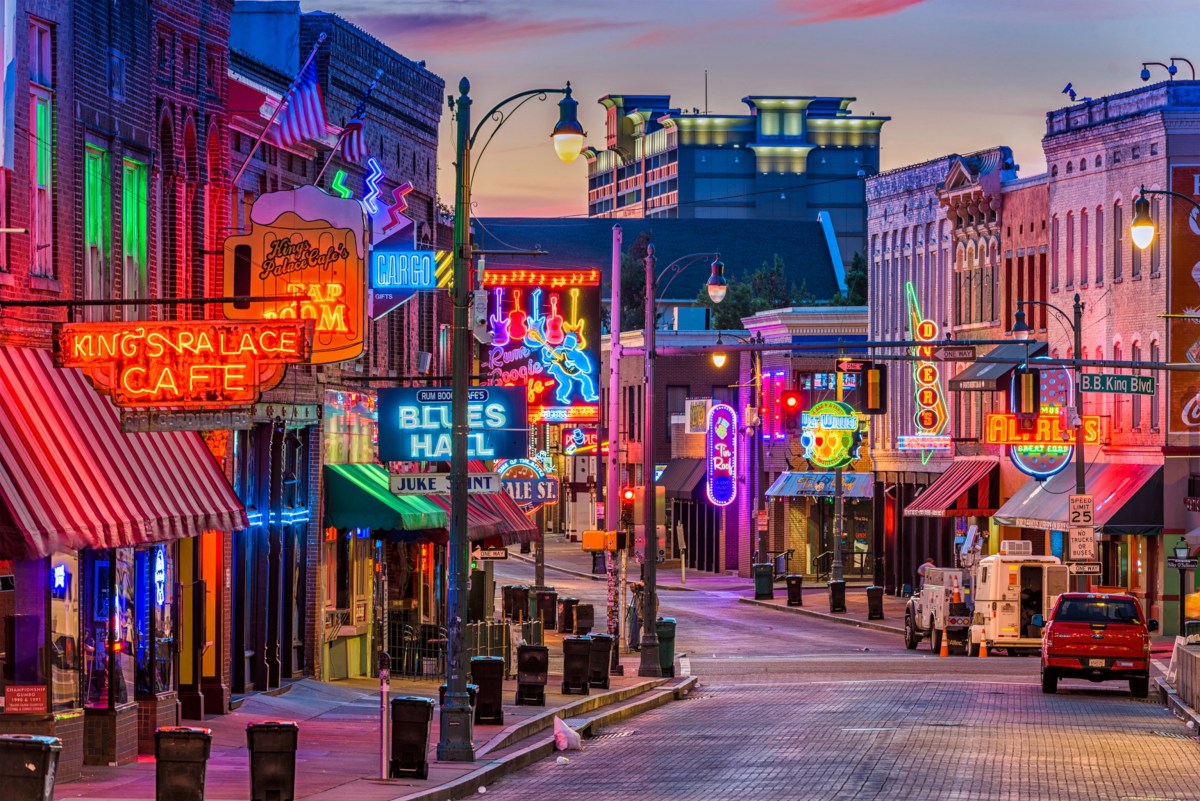The rights to the streets of Memphis PDF provides a comprehensive overview of the legal framework and practices related to street rights in the city. This guide explores the historical context, legal basis, public access, enforcement mechanisms, case studies, comparative analysis, and future considerations regarding street rights in Memphis.
The document analyzes the various ways in which the public can access and use streets, including the principles of free speech, assembly, and movement in public spaces. It also discusses the limitations and restrictions on street use, such as traffic regulations and permits.
Historical Context of Street Rights in Memphis

The evolution of street rights in Memphis is intertwined with the city’s social, economic, and political history. During the 19th century, streets served primarily as thoroughfares for transportation and commerce. However, as the city grew and modernized, the public’s need for access to streets for recreation, assembly, and expression became increasingly evident.
Key legal events that shaped street rights in Memphis include the passage of the Tennessee Constitution in 1870, which guaranteed the right of assembly and free speech, and the Memphis City Charter of 1899, which established the city’s authority to regulate street use.
Legal Framework of Street Rights: The Rights To The Streets Of Memphis Pdf

The legal framework governing street rights in Memphis consists of a complex interplay of federal, state, and local laws and regulations. The First Amendment of the U.S. Constitution protects the rights of free speech, assembly, and movement in public spaces, including streets.
The Tennessee Constitution and Memphis City Code further define these rights and establish the city’s authority to regulate street use.
Key legal principles that underpin street rights in Memphis include:
- The public’s right to access and use streets for a variety of purposes, including transportation, commerce, recreation, and expression.
- The government’s responsibility to maintain streets in a safe and accessible condition.
- The city’s authority to regulate street use in a manner that balances public access with the need for order and safety.
Public Access and Use of Streets

The public has a broad right to access and use streets in Memphis for a variety of purposes. These include:
- Transportation: Streets are primarily used for vehicular and pedestrian traffic.
- Commerce: Streets are used for commercial activities such as retail, dining, and services.
- Recreation: Streets are used for walking, running, biking, and other recreational activities.
- Assembly: Streets are used for public gatherings, protests, and demonstrations.
- Expression: Streets are used for artistic expression, such as street art and performances.
While the public’s right to use streets is extensive, it is not absolute. The city has the authority to regulate street use in a manner that protects public safety and order. This includes:
- Traffic regulations: The city can regulate traffic flow, including speed limits, stop signs, and traffic signals.
- Permit requirements: The city may require permits for certain activities on streets, such as parades and demonstrations.
- Zoning restrictions: The city can designate certain streets for specific uses, such as residential or commercial.
Question Bank
What are the rights to the streets of Memphis?
The rights to the streets of Memphis include the right to public access, free speech, assembly, and movement.
Who is responsible for enforcing street rights in Memphis?
Law enforcement, city officials, and community organizations are responsible for enforcing street rights in Memphis.
What are some of the challenges and controversies surrounding the regulation of street rights?
Some of the challenges and controversies surrounding the regulation of street rights include balancing the rights of the public with the need for public safety and order.
